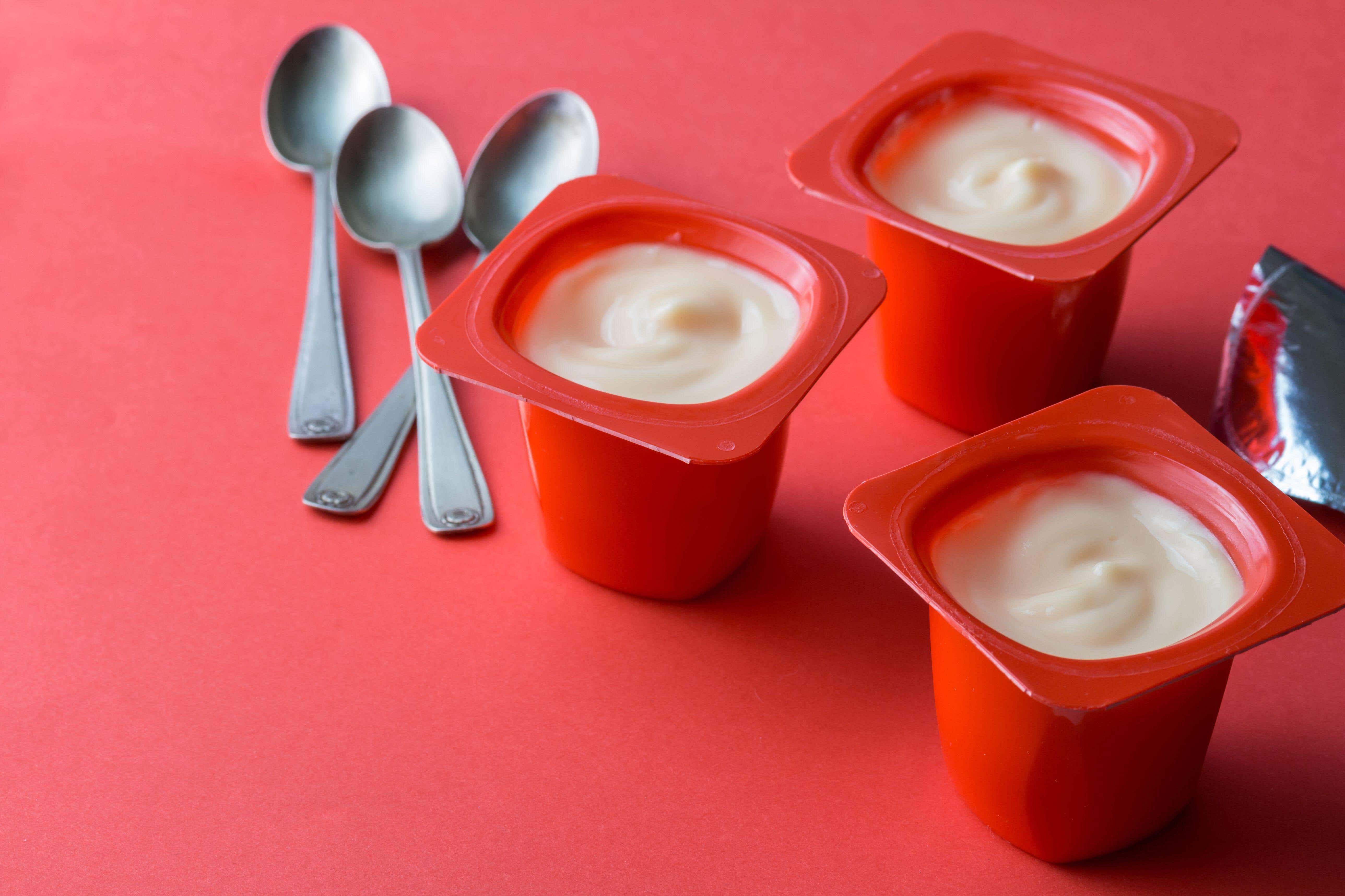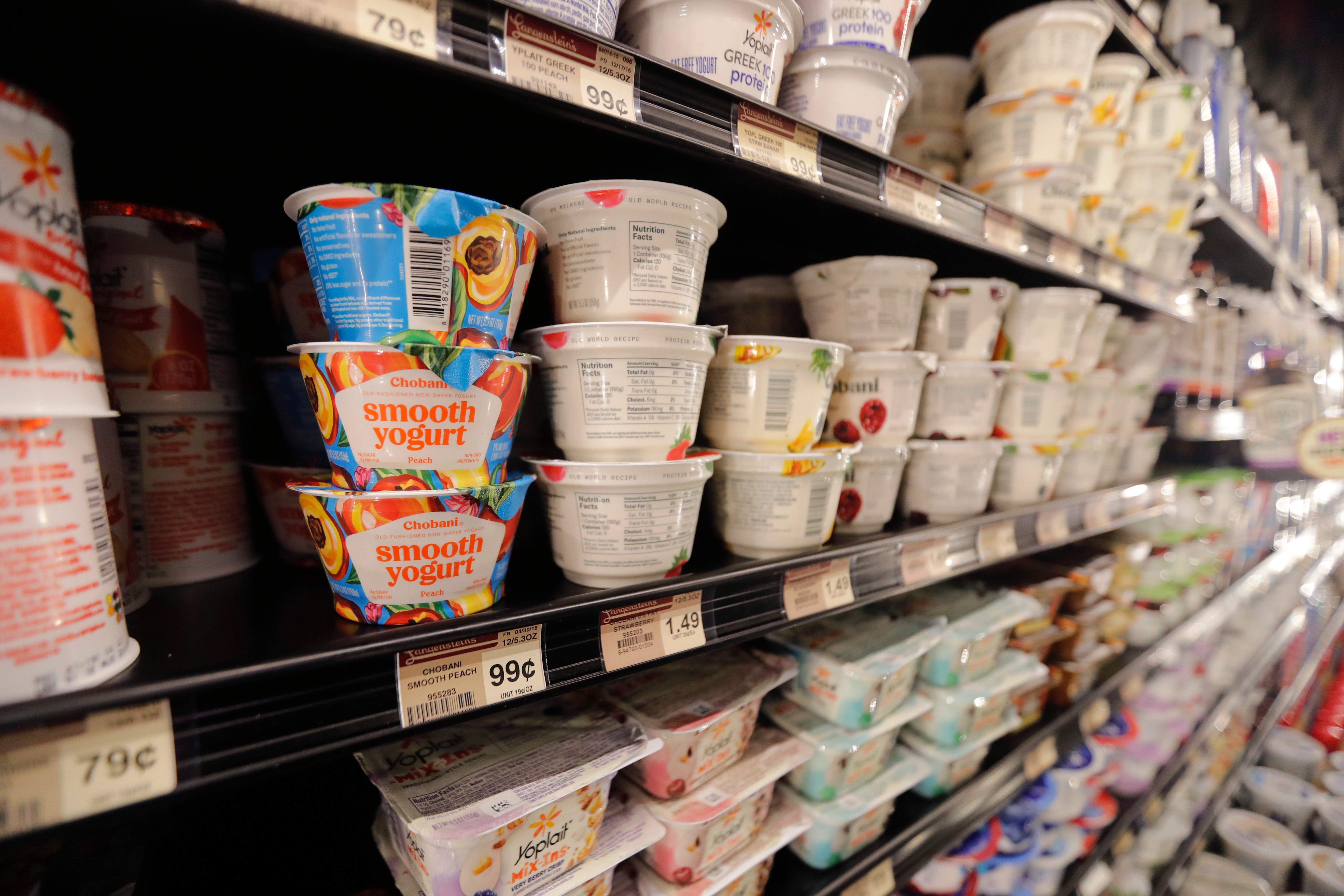Can yogurt really reduce the risk of Type 2 diabetes? Producers say so
Amn expert said qualified health claims based on limited evidence are ‘ridiculous on their face’

Your support helps us to tell the story
This election is still a dead heat, according to most polls. In a fight with such wafer-thin margins, we need reporters on the ground talking to the people Trump and Harris are courting. Your support allows us to keep sending journalists to the story.
The Independent is trusted by 27 million Americans from across the entire political spectrum every month. Unlike many other quality news outlets, we choose not to lock you out of our reporting and analysis with paywalls. But quality journalism must still be paid for.
Help us keep bring these critical stories to light. Your support makes all the difference.
The US Food and Drug Administration has said it’s OK for producers of yogurt to make the claim that yogurt can reduce the risk of Type 2 diabetes.
This is desbite the agency acknowledged that it’s based on limited evidence.
DanoneNorth America, the US branch of the French firm that makes several popular yogurt brands, asked the FDA in 2018 for clearance to make what is known as a “qualified health claim.” FDA gave Danone the green light in March.
Critics questioned approval of the claim, saying it’s not based on gold-standard controlled trials that could have proven whether yogurt actually reduces Type 2 diabetes risk.
No single food can reduce the risk of a disease tied to overall diet, the advocacy group Center for Science in the Public Interest said. In fact, the label change might raise the risk of diabetes by encouraging consumption of yogurt types that include added sugars and mix-ins such as cookies and pretzels.

Marion Nestle, a food policy expert, said qualified health claims based on limited evidence are “ridiculous on their face.”
The way FDA sees it, there’s some support — but not significant scientific agreement — that eating at least 2 cups of yogurt per week may reduce the risk of developing the disease that affects about 36 million Americans.
Those are claims that lack full scientific support but are permitted as long as the product labels include disclaimers to keep from misleading the public.
They have been allowed for dietary supplements since 2000 and for foods since 2002, ever since the FDA faced lawsuits challenging the standard of requiring scientific agreement for product claims. Back then, lawyers successfully argued that such standards violated free speech rights guaranteed in the US. Constitution.
Rather than fight proposed label changes in court, the FDA created a new category, separate from authorized health claims, in which products must prove significant scientific agreement among qualified experts that they reduce the risk of a disease or a health-related condition.
Examples of qualified health claims include reports that consuming some types of cocoa may reduce heart disease and that cranberry juice might cut the risk of recurrent urinary tract infections in women.
What do experts say about yogurt and diabetes?
Danone submitted information from studies that observed participants over time and found a link between eating yogurt and lower markers of diabetes. The FDA agreed that there is “some credible evidence” of benefit of eating yogurt as a whole food, but not because of any particular nutrient in it.
In other words, there is no direct evidence that yogurt can prevent diabetes — only weak evidence that eating yogurt may be associated with reducing certain biomarkers that are related to increase risk of the disease.
Subscribe to Independent Premium to bookmark this article
Want to bookmark your favourite articles and stories to read or reference later? Start your Independent Premium subscription today.